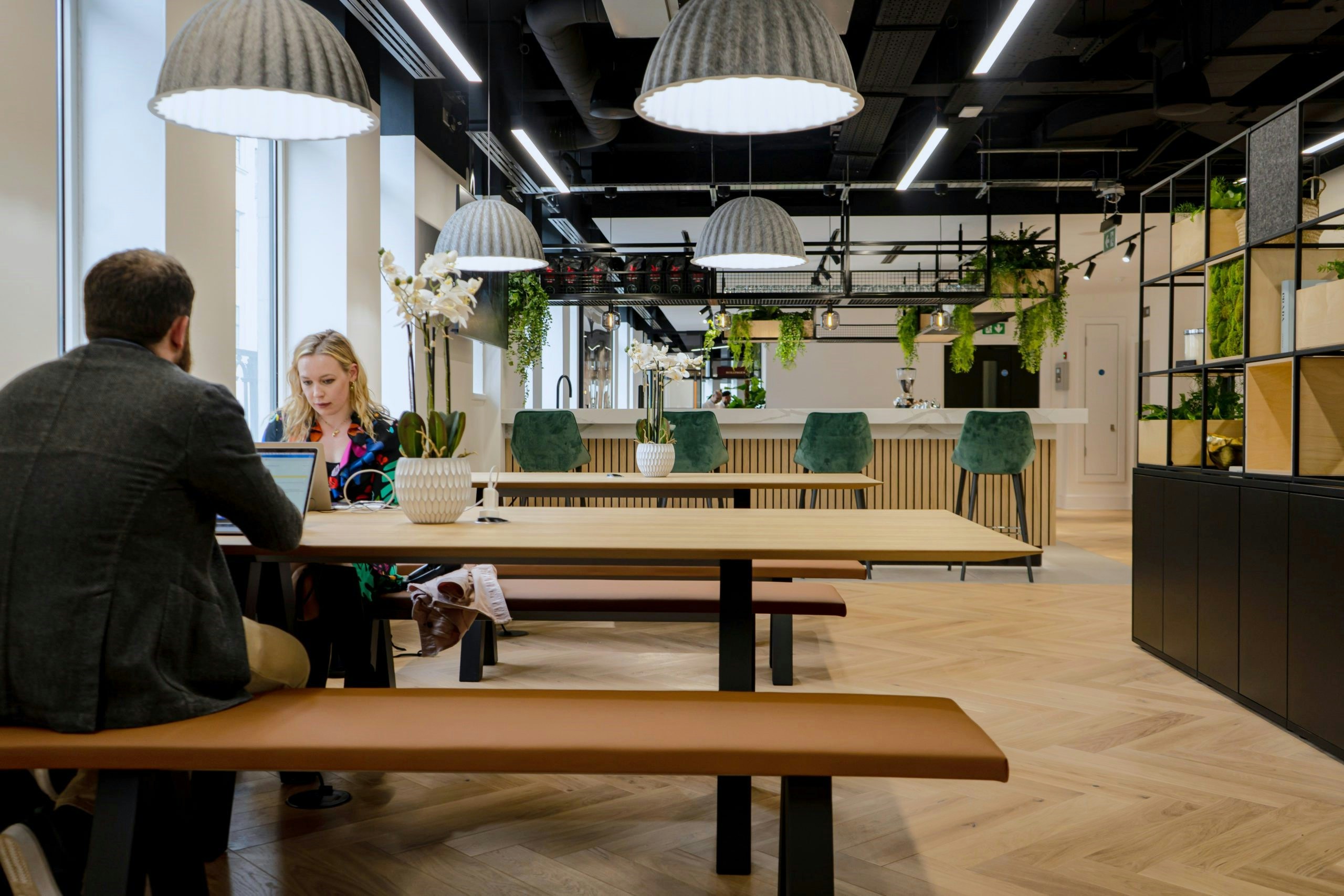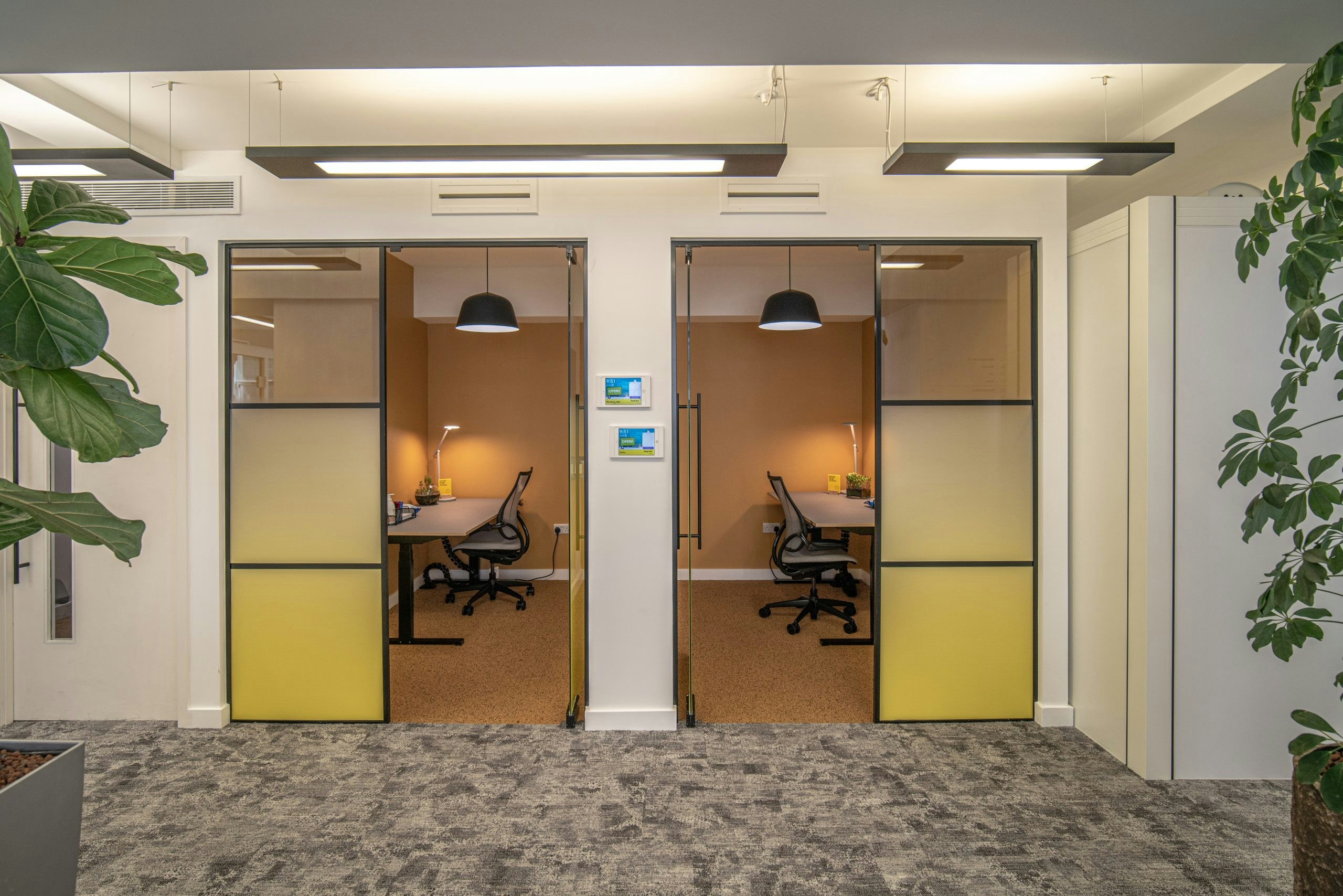The workplace of the future is undergoing significant transformation, shaped by the unprecedented challenges of the pandemic, and influenced by the rising cost of living. As companies strive to reach a delicate balance between granting wage increases and managing inflation, a critical conundrum emerges for employers and employees alike. This article looks at the essential factors surrounding the workplace of the future, examining how businesses can effectively navigate the numerous complex challenges presented to them. From sustainability in the workplace and leveraging cutting-edge smart technology, to the creation of flexible work practices, companies must adapt and evolve to create workplaces that are productive, efficient, and conducive to attracting and retaining top talent.
Sustainability in the Workplace
In reimagining the workplace of the future, sustainability has to be one of the cornerstones, essential not only for environmental responsibility but also for creating spaces that promote well-being and resource efficiency. Buildings are significant contributors to global energy consumption and greenhouse gas emissions, and they present a critical opportunity for implementing sustainable practices.
A sustainable workplace goes beyond mere energy efficiency and encompasses a holistic approach that includes the use of materials with a low environmental impact and strategies that reduce waste. For instance, sustainable office designs integrate renewable energy sources and feature systems designed to maximise natural light, thereby reducing the reliance on artificial lighting and lowering energy consumption.
Moreover, the modern sustainable workplace prioritises the health and productivity of its occupants through improved air quality and biophilic design elements that connect the indoors with nature. Such environments not only enhance employee well-being but also boost productivity and engagement.
Incorporating sustainability into office design also offers substantial financial benefits. It can lead to significant cost savings in energy and resources, enhancing the building’s overall value through increased efficiency and attractiveness to potential tenants and investors.
By focusing on sustainable development in our workplaces, we not only mitigate the environmental impact of our business operations but also create adaptive, resilient spaces that are prepared to meet the challenges of the future. This commitment to sustainability is vital as we continue to navigate the evolving demands of the workforce and the imperatives of climate action.


